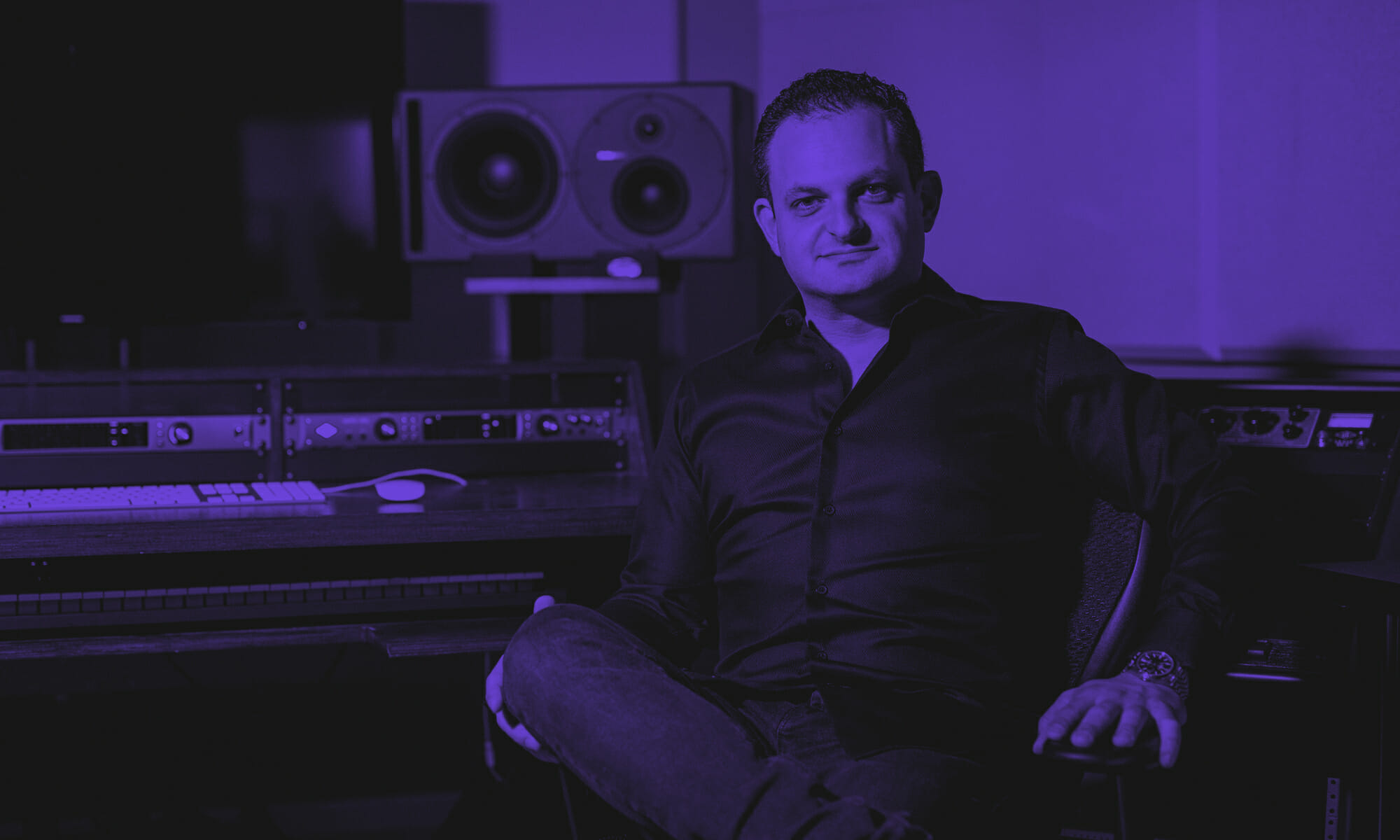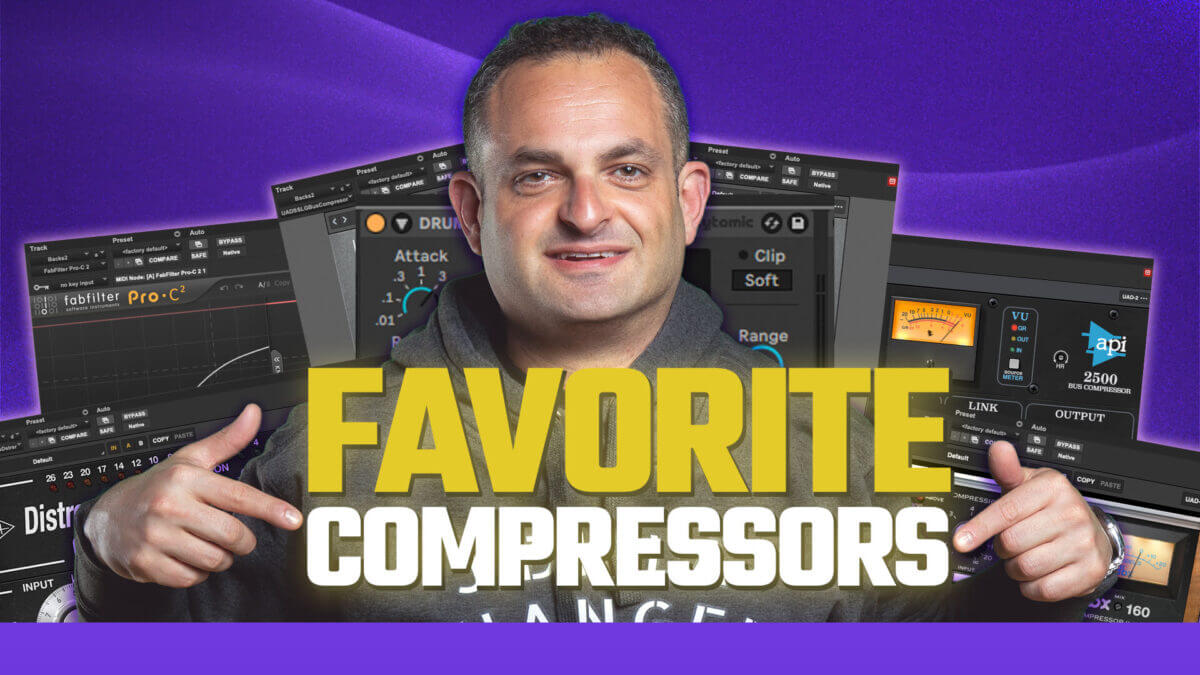In this week’s blog, I’m sharing my go-to compressors and explaining why they are essential to my workflow. Compression is a fundamental tool in music production, especially when you’re aiming to shape dynamics and control the energy of a mix. While each compressor has its unique characteristics, knowing how and when to use them can elevate your tracks to professional levels. Below, I discuss my favorite compressors and offer insights into how they can be used to enhance your own productions.
Ableton Glue Compressor
The Ableton Glue Compressor is a great all-around compressor that I often turn to for its versatility. Based on the classic SSL bus compressor, it helps to glue tracks together, particularly in bus groups. It has a smooth, transparent compression that maintains punch while controlling dynamics. I like using this one in a subtle way, applying just enough to tighten up the mix without overdoing it. This is a go-to for cohesive and balanced sound across a mix.
API 2500
The API 2500 is a beast for adding punch and character. Known for its powerful, punchy sound, I love this compressor on drums, especially in rock or electronic genres where you need the transients to hit hard. The API 2500 gives me a unique way to control the attack and release of the compression, allowing me to create a very dynamic, yet controlled sound. It’s ideal when you want to add some color to your mix while still maintaining tight control over the dynamics.
DBX 160
The DBX 160 is one of my favorites for bass. It’s simple to use, with only a few controls, but it delivers excellent results. I appreciate how it clamps down on the signal in a way that keeps everything tight, without losing the low-end energy. It’s a classic compressor that’s been used for decades, and it’s particularly good for maintaining punch in low-frequency instruments like bass guitars or electronic bass sounds.
SSL G Bus
The SSL G Bus Compressor is a standard for bus compression, and for good reason. It excels at gluing an entire mix together, particularly in the final stages. Whether I’m working on a full track or just the drum bus, the SSL G Bus smooths out the overall dynamic range while retaining the punch and clarity that’s essential in modern music production. It’s subtle but effective, and I tend to use it when I want to add that final layer of polish to my mixes.
Teletronix LA-2A
When it comes to vocals, the Teletronix LA-2A is my top choice. It has an extremely smooth and natural-sounding compression, perfect for delicate sources like vocals. Its optical circuit allows for a slow attack and release, which results in a musical, almost transparent compression. I use it often on lead vocals to bring them forward in the mix without making them sound squashed. The LA-2A is especially good for maintaining the warmth and presence of a vocal track.
Empirical Labs Distressor
The Empirical Labs Distressor is another all-time favorite for its incredible versatility. It’s able to replicate the characteristics of a number of other compressors, but what sets it apart is its ability to add both subtle warmth or aggressive punch, depending on the settings. I often use it for drums, but it’s also great on guitars and vocals when I need something that can do a bit of everything. The Distressor’s flexibility in shaping the sound makes it a powerful tool in any mix.
Compression is one of those subtle but powerful tools that can completely change the feel of a track. Each of these compressors brings something different to the table, whether it’s the smoothness of the LA-2A, the punch of the API 2500, or the versatility of the Distressor. The key to using them effectively is knowing what each one excels at and matching that to your mix needs.
Make sure to subscribe on YouTube for weekly tips and tricks. All first-time clients receive a free stereo-mastered sample, inquire to get your free sample now.
GET A FREE STEREO MASTERED SAMPLE

